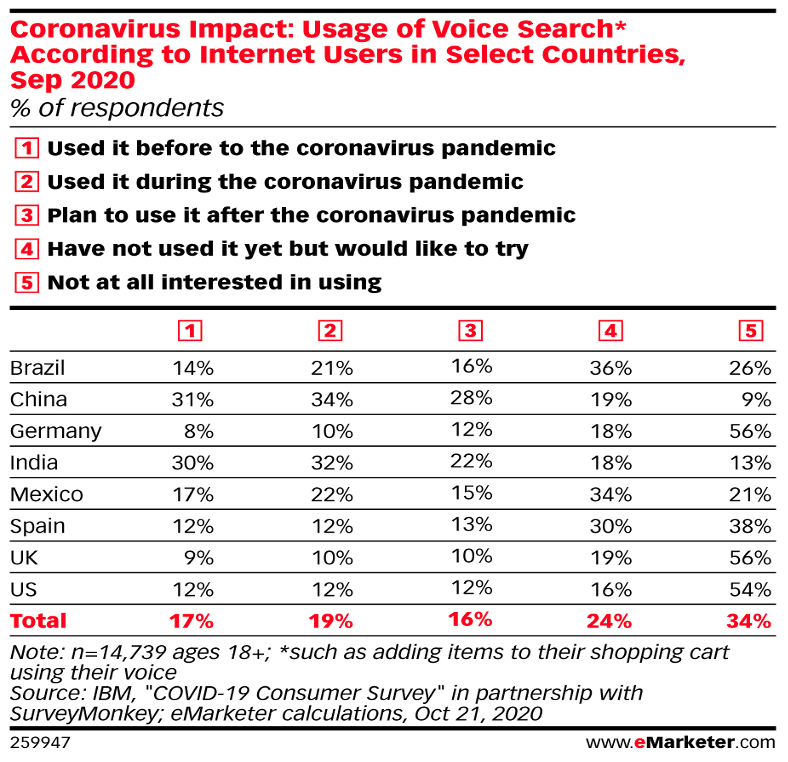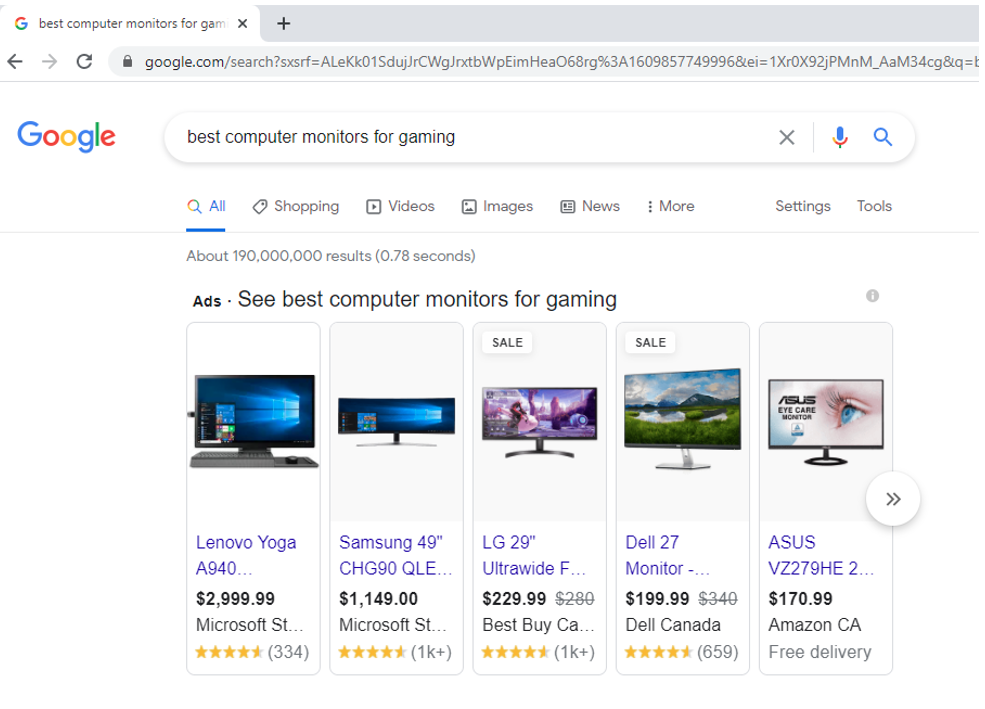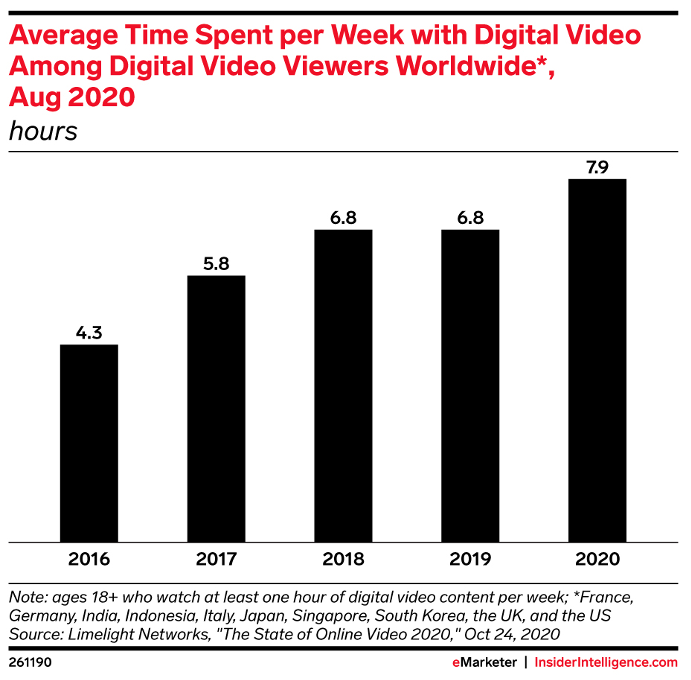Written by Laura Gaggi and Kajal Jain
The dramatic shift in consumer digital behaviour that was sparked by COVID has accelerated the need for marketers to achieve much better ROI on their digital media investments.
As an independent trading desk, Peloton Media plays a significant role in achieving ROI through the planning and execution of digital advertising campaigns including programmatic (automated) display, video, paid social, Search and emerging media such as digital out-of-home, digital audio, and Connected TV.
Peloton Media believes that to be more successful, marketers and advertisers must move from a commodity-based media mindset to a much more strategically directed one that is based on 1st party data, deeper customer insights, as well as predictive analysis and attribution models. It is only through this approach that digital performance will surge and move the business forward.
If COVID taught us anything, it has taught us that it is time to implement a dramatic change in how we execute digital media for our clients. Marketers should not use their media buy as a commodity that is purchased at the lowest cost using the most basic digital tactics, but rather to invest and elevate media as a lever for growth to drive a stronger business outcome. We have technology and data at our fingertips, then why can we not shift our mindset to achieve better ROI outcomes? In 2021 media campaigns need to start moving towards more primary data-based strategies because some very large and impactful digital media developments are on the horizon:
- Third-party cookies will be no longer be our primary digital targeting currency,
- Significant advancements in martech and adtech automation technology will continue to be developed.
In this blog we will look at the impact of these changes and what they mean to your digital media campaigns.
Gearing up data-driven strategies.
Basic media metrics like CPM’s, CPV’s, CTR’s along with non-strategic tactics will not be enough to stay competitive in 2021 and beyond. These methods of planning and executing media are soon to be obsolete and we are glad to see them go. Third-Party Cookies as a digital targeting currency are being phased out and this means we can move beyond a commoditized or generic view of digital media advertising. Better strategies and long-term growth will only be realized when marketers are willing to unearth and share their customer first-party data with their media and digital agency partners. This data is unique to a business and provides clearer insights into its customers and the types of products or services they desire. Leveraging this data builds better online experiences for the customer, provides more value to them, and ultimately results in more conversions and a higher digital ROI. “Think with Google” published a good summary of the benefits of first-party data.
Peloton is waiting in anticipation for the industry to find its most effective solution to target consumers without the dependency on cookies and respecting privacy laws. Third-party cookies will be phased out by January 2022. In the meantime, there are alternatives that are far better than those developed to replace third-party tracking. Marketers who already have a grasp of their customers through their own Google Analytics and/or martech programs are benefitting most because they have chosen to harness and share this data with their agency partners and strategy consultants.
When we combine ad tech with your customer data, we can provide stronger and more effective digital media strategies as well as start to build models that will predict better platform attributions and sales conversions. Peloton wants to optimize and scale media campaigns to the most effective KPI’s. Future success lies in our ability as media partners to achieve high quality and meaningful conversions for your business. For example, if you are a financial institution, would you prefer to receive our digital performance reports that achieved 1,000 impressions, a $9.00 CPM or 200 personal loan application completions? Sharing your first-party data with us will give you the business outcome not the media metrics.
Advancements in Marketing and Advertising Technology to Increase Digital ROI
A recent Gartner report claims that most brands only use 58% of their martech budget to drive home significant ROIs. Businesses will need to better leverage this technology into their strategic mix of solutions to ensure improved business value and to remain competitive.
Here are the five most significant advancements in marketing and advertising technology that Peloton believes will set the precedent for success in 2021. None of them are new, but there are significant advancements that marketers need to address to not be left behind.
1. AI (Artificial Intelligence)
AI is an expansive technology that encompasses numerous martech technologies used by many businesses today. Currently, it is primarily being used to speed up the marketing effort and execute personalized promotional campaigns at scale. Many companies early to the AI game have noted the value of AI with strong revenue increases, in some cases as much as 20% EBIT. A large number state they intend to significantly increase their AI investments in 2021. There are some fascinating studies that we highly recommend on this subject for the newcomers to AI.
AI is the place for businesses to start to learn, test and invest in this new year.
2. Voice Search
Voice search optimization has become an important component of search engine optimisation today. As seen in the graph below, there was a 10% surge in use of Voice search post the pandemic with many respondents agreeing to try it in the future.
With a focus on keyword generation and relevance development, marketing efforts need to be directed towards solving the verbal queries of the users.

3. Visual Search
Visual search is a very popular feature that helps pedal forward products that resemble what users are looking for. It helps facilitate smoother shopping experience online and helps optimize influencer marketing campaigns to bring home better ROIs. In 2021, we will see visual search engines grow more user friendly and be better at configuring user intent.

4. Chatbots
Chatbots automate lead generation and qualification efforts by engaging users into productive conversations through NLP (Natural Language Processing.) Come 2021, chatbots will help drive customer engagement and website traffic even further.
The Canadian banking sector in one that is showing strong usage and penetration.

5. Video Marketing
Video marketing is dominating the world of digital marketing today. Videos with well-integrated branding are popular but the opportunities are now endless (i.e. demo, educational, event, interviews, entertainment) and becoming a much greater part of consumers’ daily lives.

In the End
Martech advancements will continue to accelerate and bring about more refined and useful first party data. To remain competitive, it is necessary for businesses to start valuing the importance of first party data to drive insightful analysis of consumer behaviour. This data will allow for stronger predictive analysis and attribution modelling to occur. In 2021 greater integration of artificial intelligence, voice search, chatbots, visual search and video marketing will speed up the way businesses garner this increase in the digital ROI.
We, at Peloton, help our clients match the ever-changing requirements of the digital marketing landscape. Our teams work incessantly towards bringing home better performance on our client’s digital marketing investments. We are here to help you harness first party data and garner insights into the way your customers shop, helping you offer refined customer experience. www.pelotonmedia.ca
Sources:
http://pelotonmedia.ca/blog/pelotons-vision-in-a-world-without-third-party-cookies
https://blog.hubspot.com/marketing/visual-search-will-change-marketing